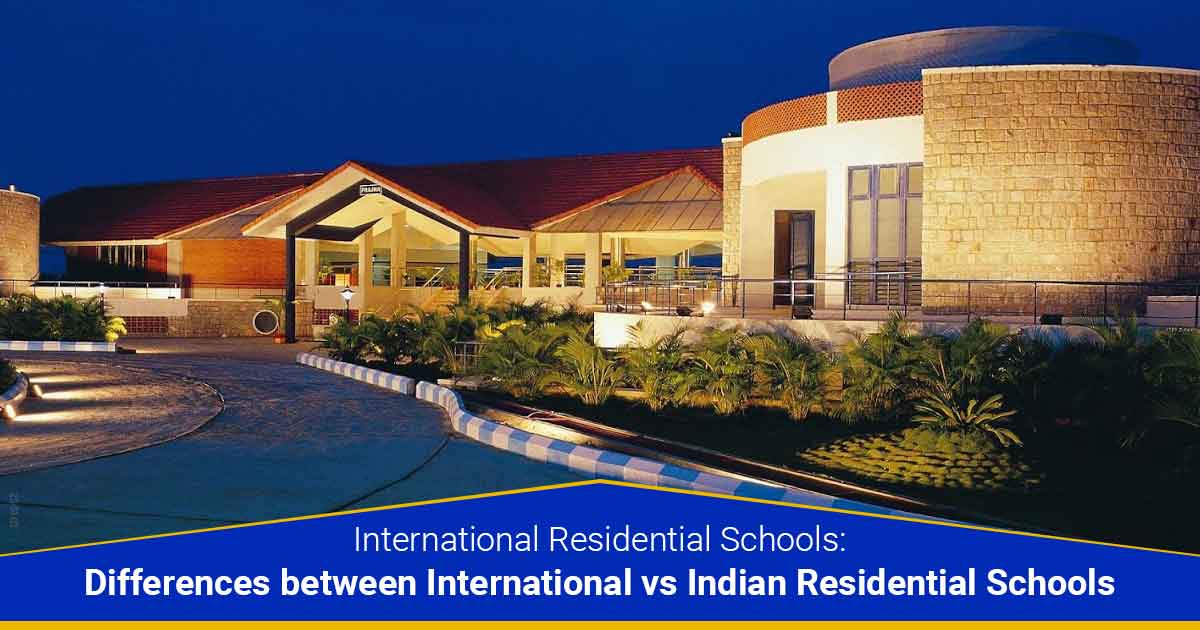

International School or Indian Residential School?
Has this thought ever bothered you? As a parent, you likely want your child to match their steps with the world, and you may be interested in the international schooling of your children. With a surge in the number of international schools, you must be wondering which one is good – an international or an Indian residential school.
The list of questions is endless. But, don't worry, you will get all your questions answered surrounding international vs. Indian residential schools in this article today!
Diversity in Culture and Learning
Generally, national schools have a rigid curriculum and expect students to learn from textbooks. However, on the other hand, international schools provide their pupils with a diversified education system that gives them access to comprehensive learning practices. Indian residential schools allow the mingling of different cultures and experiences while learning to be more inclusive. This provides a platform for the students to learn in a culturally diverse environment.
Holistic development
International schools are holistic but do not provide enough opportunities for personality development. Residential schools are where students do not study but live on campus, which helps them build their personalities. These residential schools are responsible for engaging, motivating, and igniting students to derive in-depth academic knowledge, communication skills, leadership qualities, problem-solving, and intellectual abilities. Residential schools consist of great infrastructure that helps students' overall development by providing a gym, well-equipped playgrounds, art studios, swimming pools, etc.
On-campus faculty
International school faculty access may be restricted due to scheduled school hours. However, in residential schools, teachers live on campus, which allows them to interact with and guide students even after school hours. Moreover, residential schools provide a riveting, intellectually-challenging environment for students where teachers are not only educators but also mentors, coaches, and friends.
Independent lifestyle
While international schools equip students with a comprehensive learning experience, on the other hand, it restricts them from adopting an independent lifestyle as they are not allowed to stay back in school. This is contrary to residential schools that allow students to perform their daily chores by themselves, manage academic assignments, maintain their monthly expenses, and monitor eating habits on their own independently. This instills a sense of responsibility, and they become more mature and mindful.
Conclusion
To summarise, both international schools and Indian residential schools have their pros and cons. However, if you want a learning platform that can guarantee global exposure, we suggest you go to Indian residential schools that follow an international curriculum. This will provide you with benefits from both areas and help you build futurist leaders with exceptional skills and knowledge.
Recent Blogs
Site Designed and Maintained By : Office of Communications, JAIN Group All rights reserved.